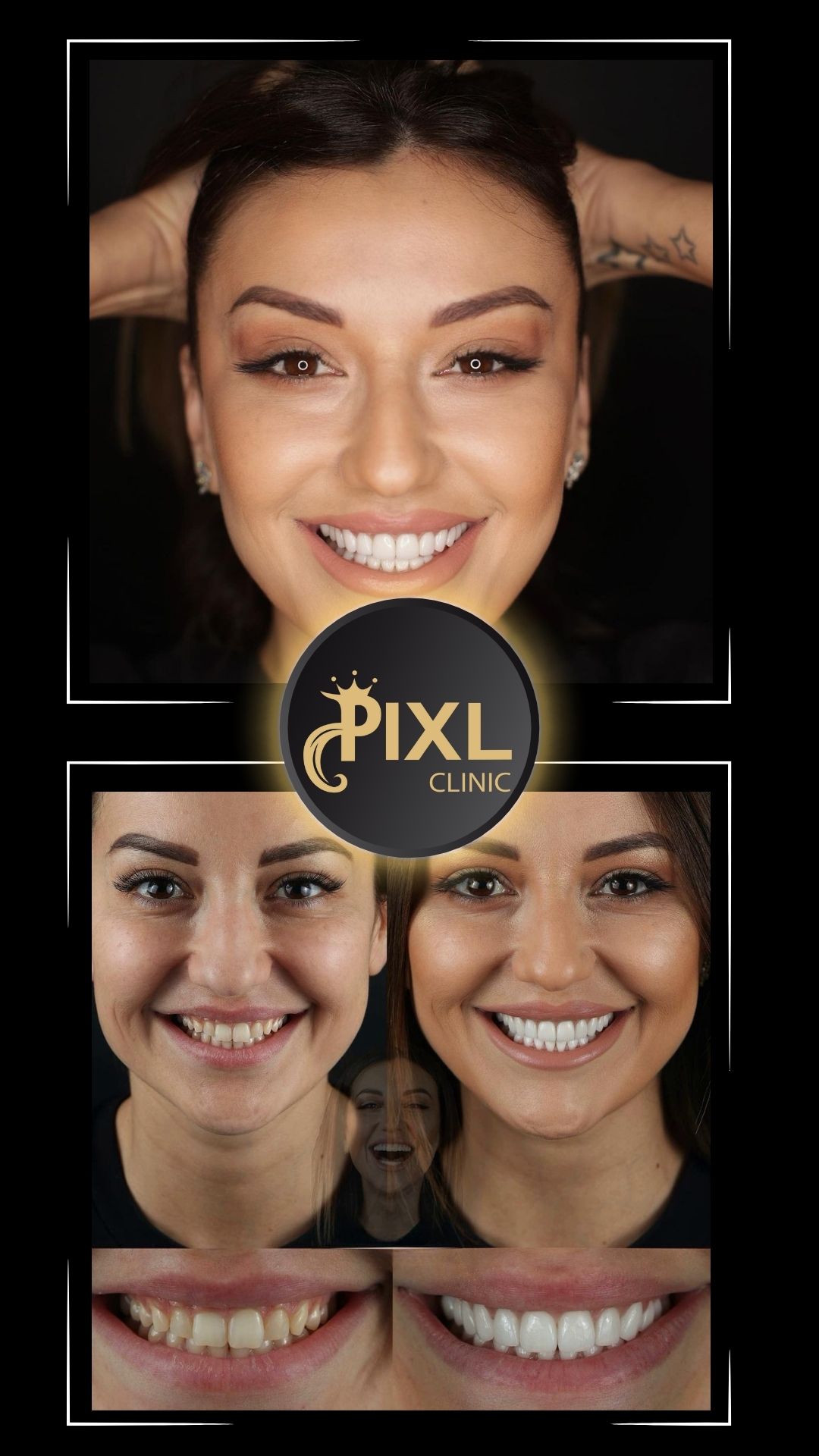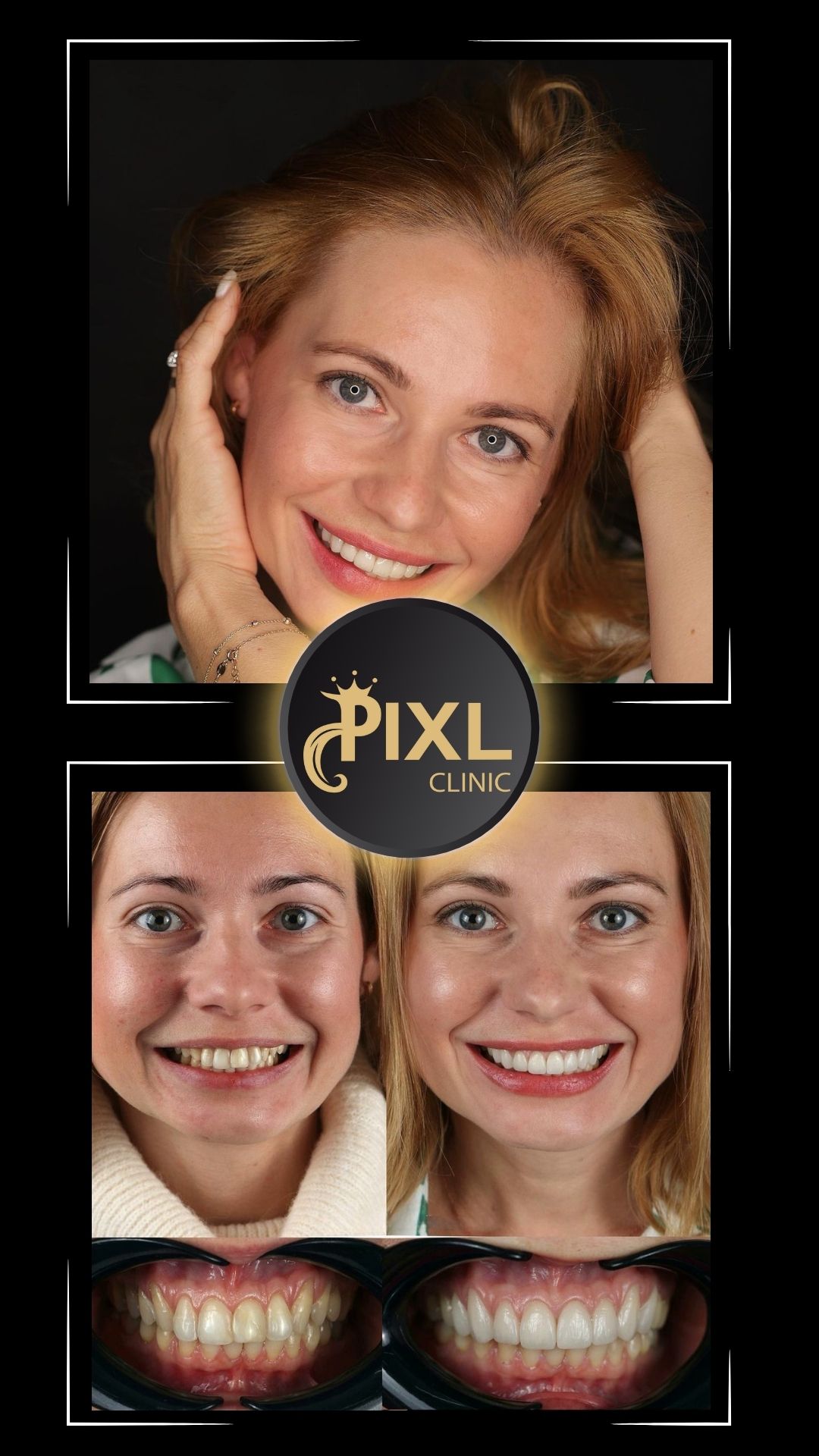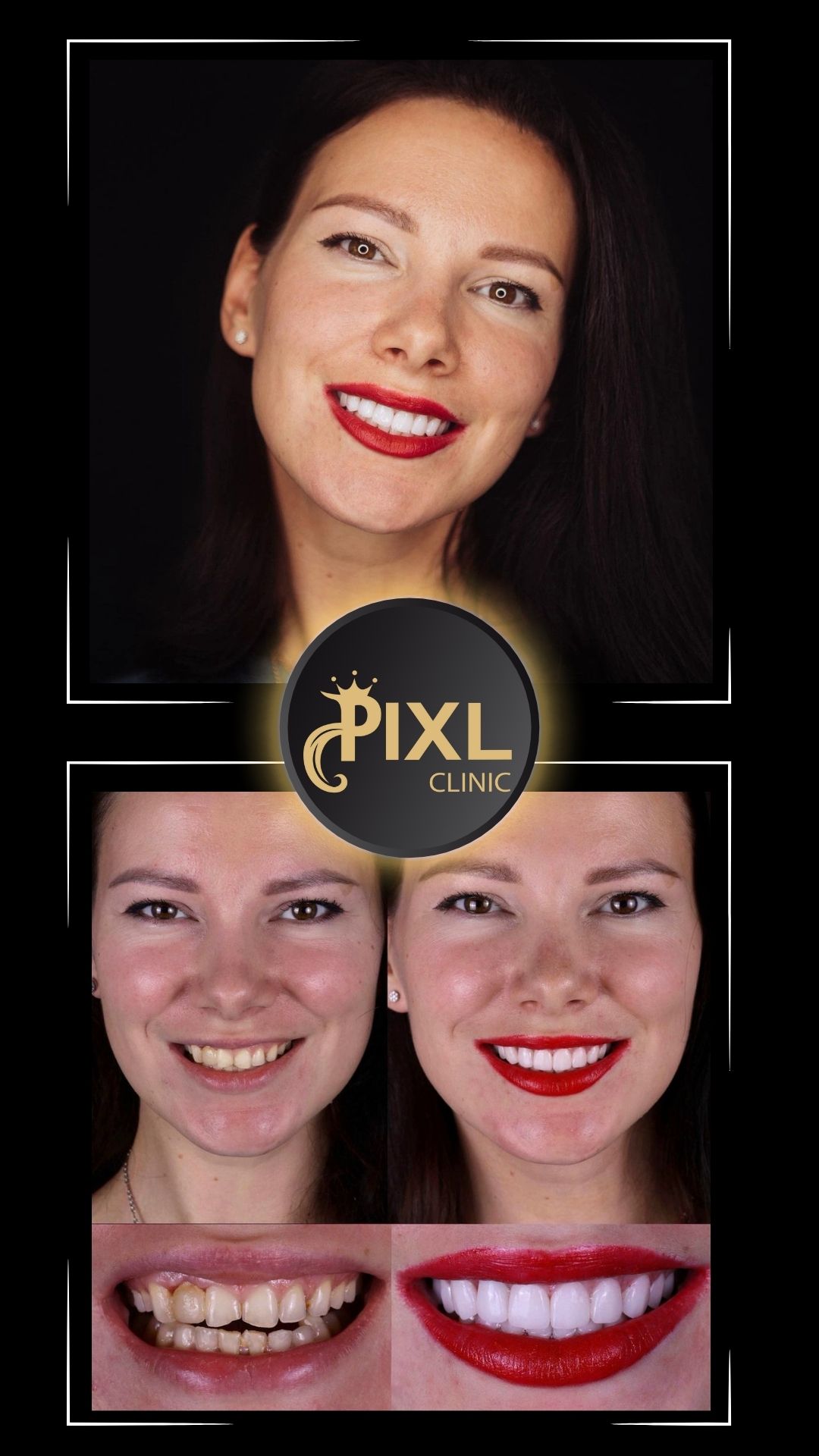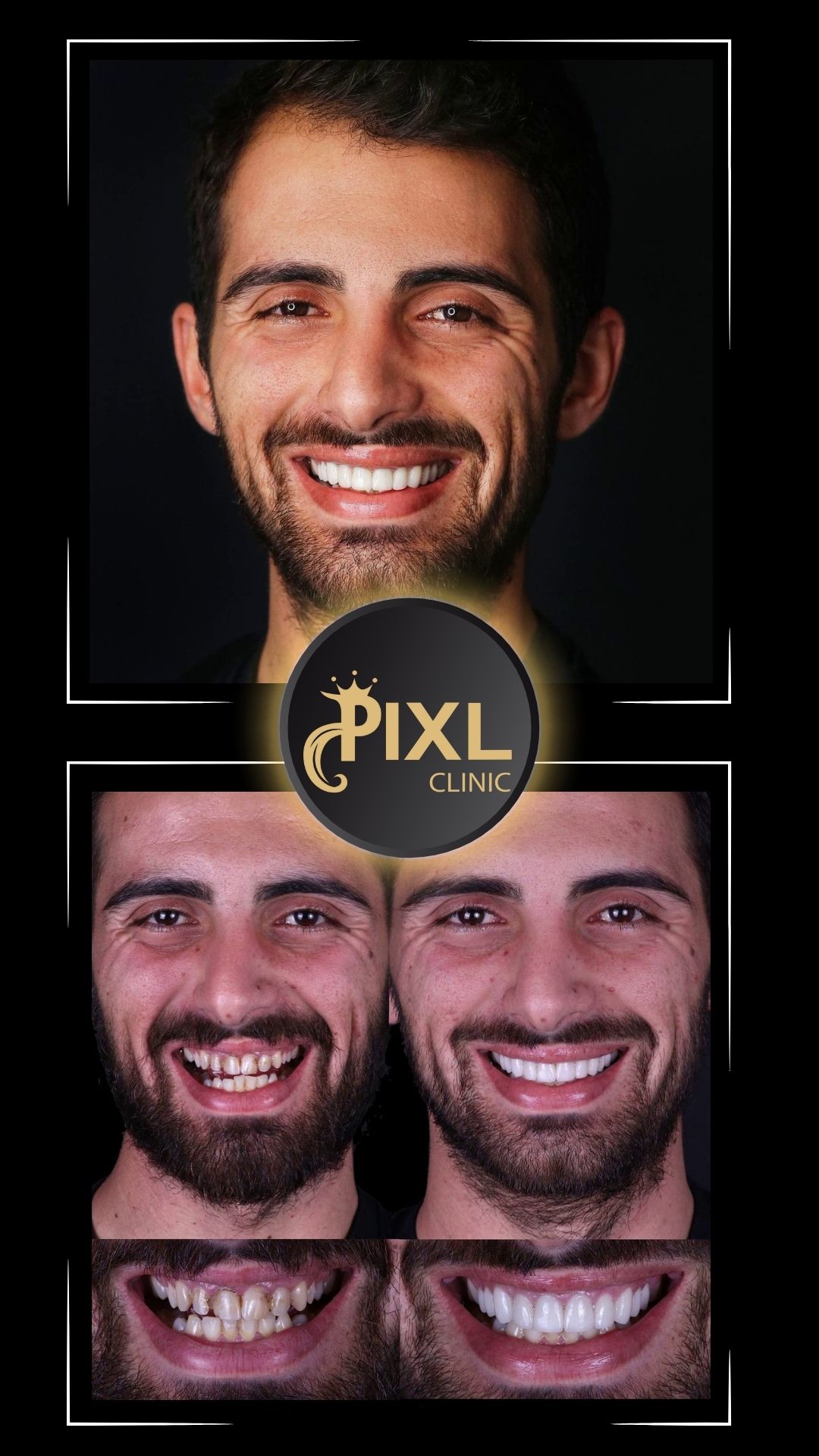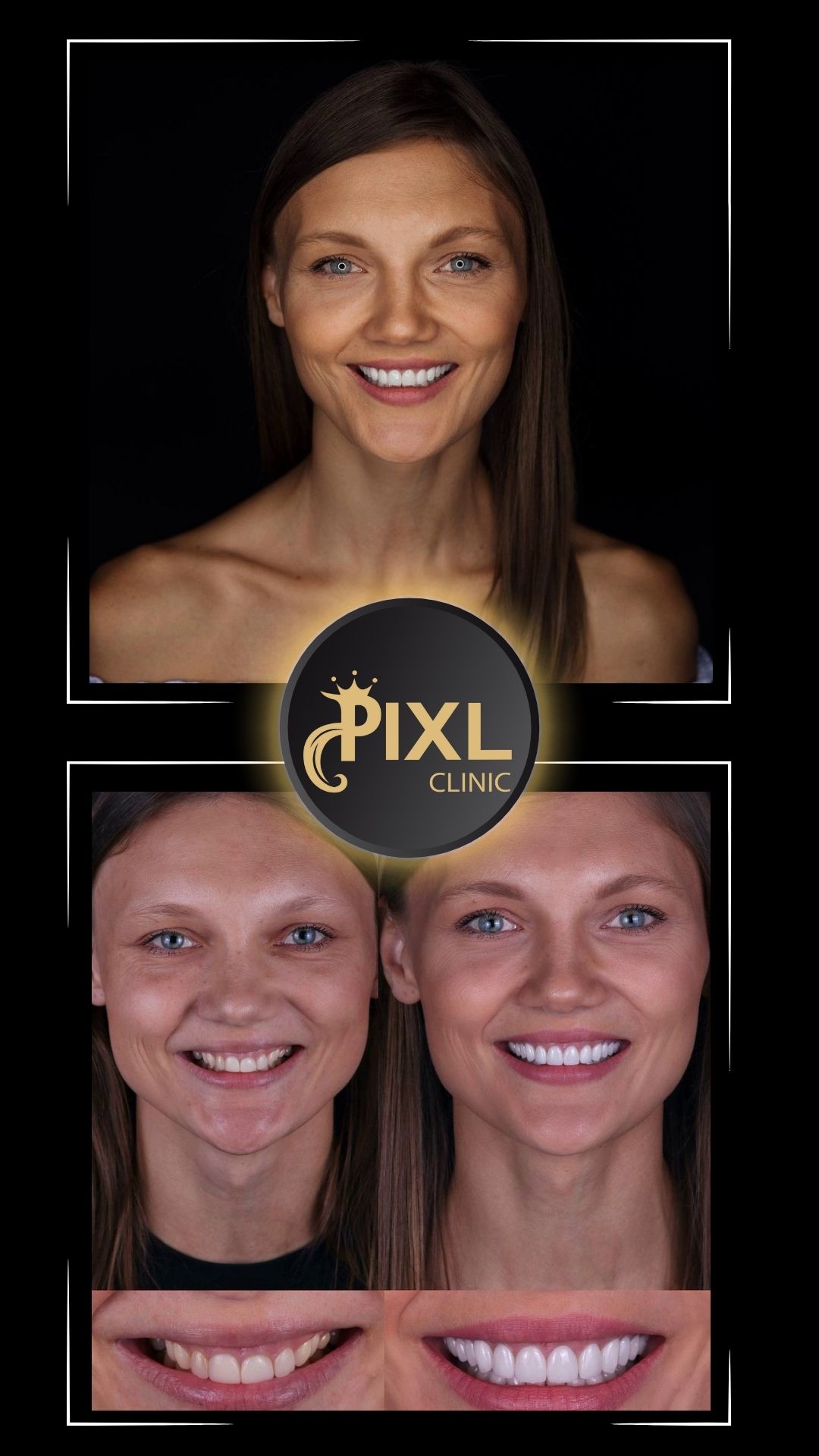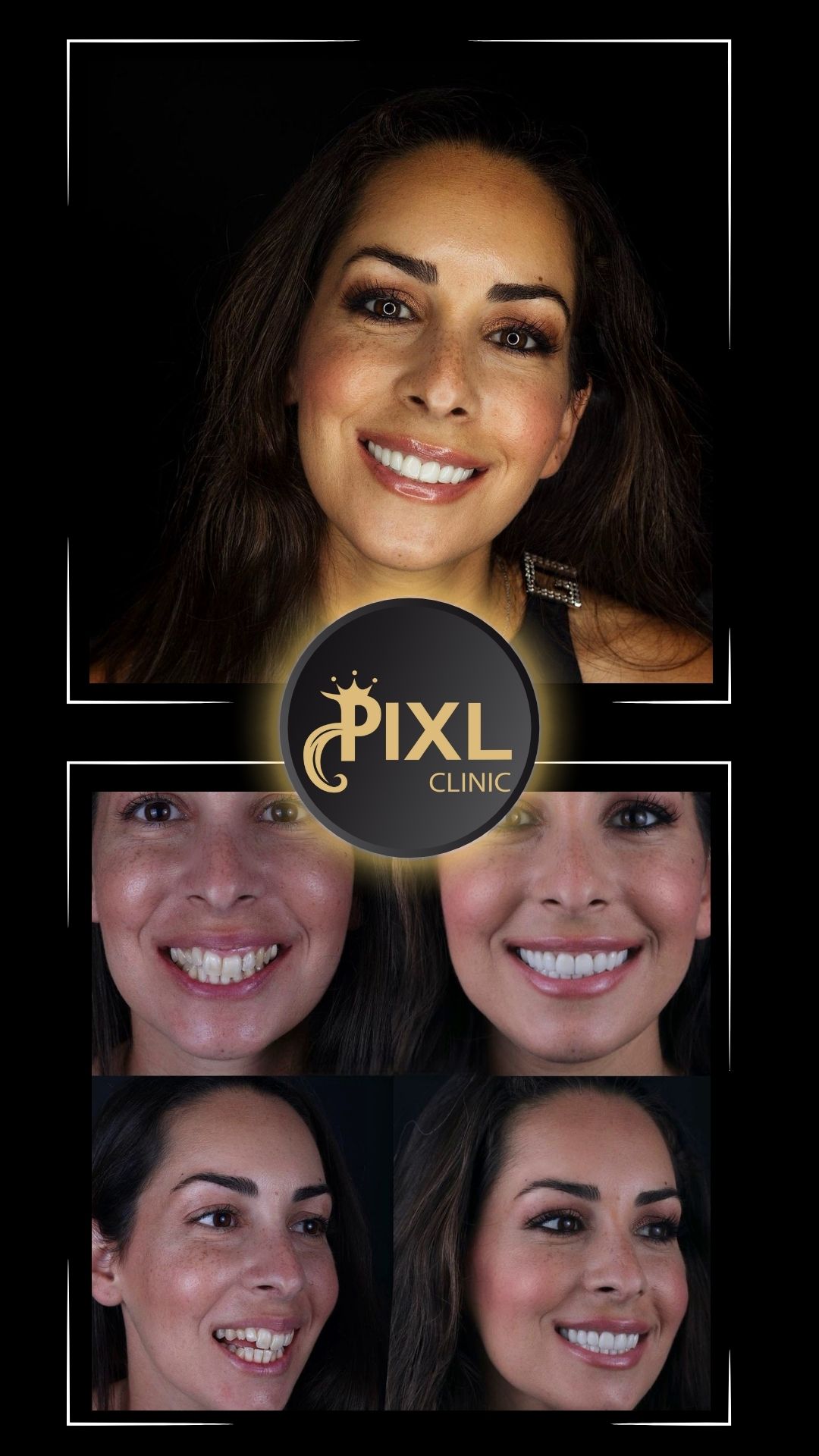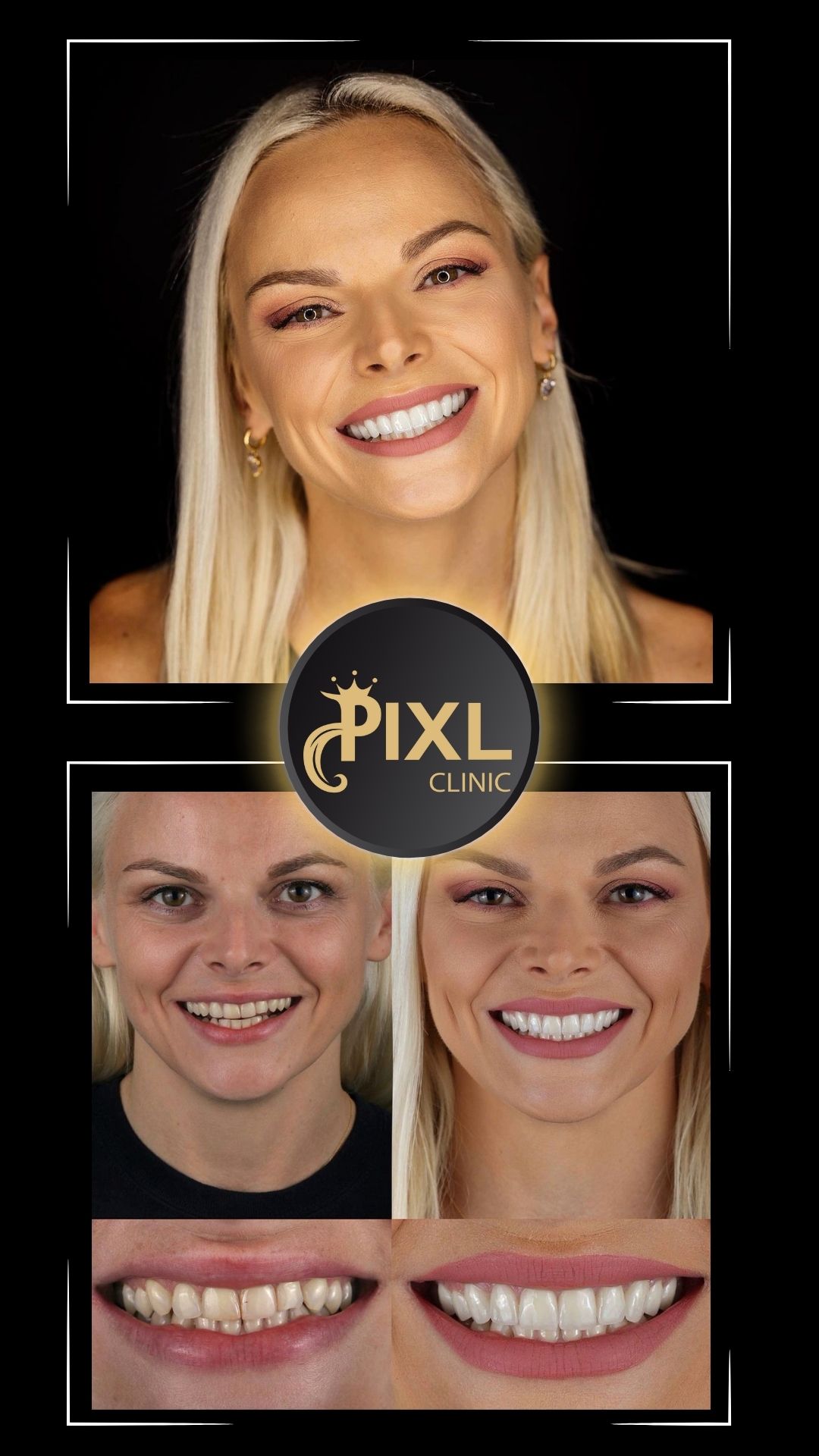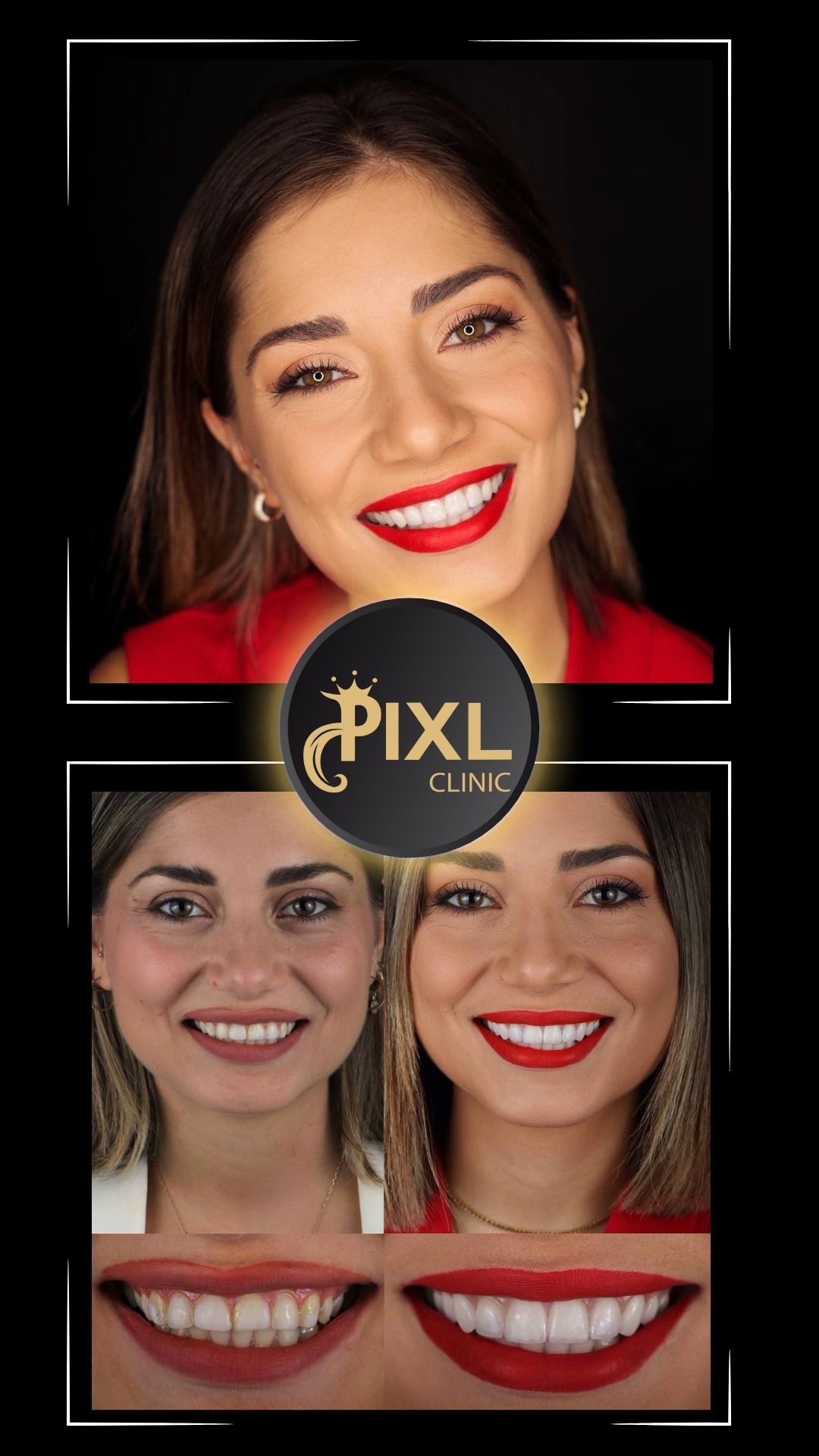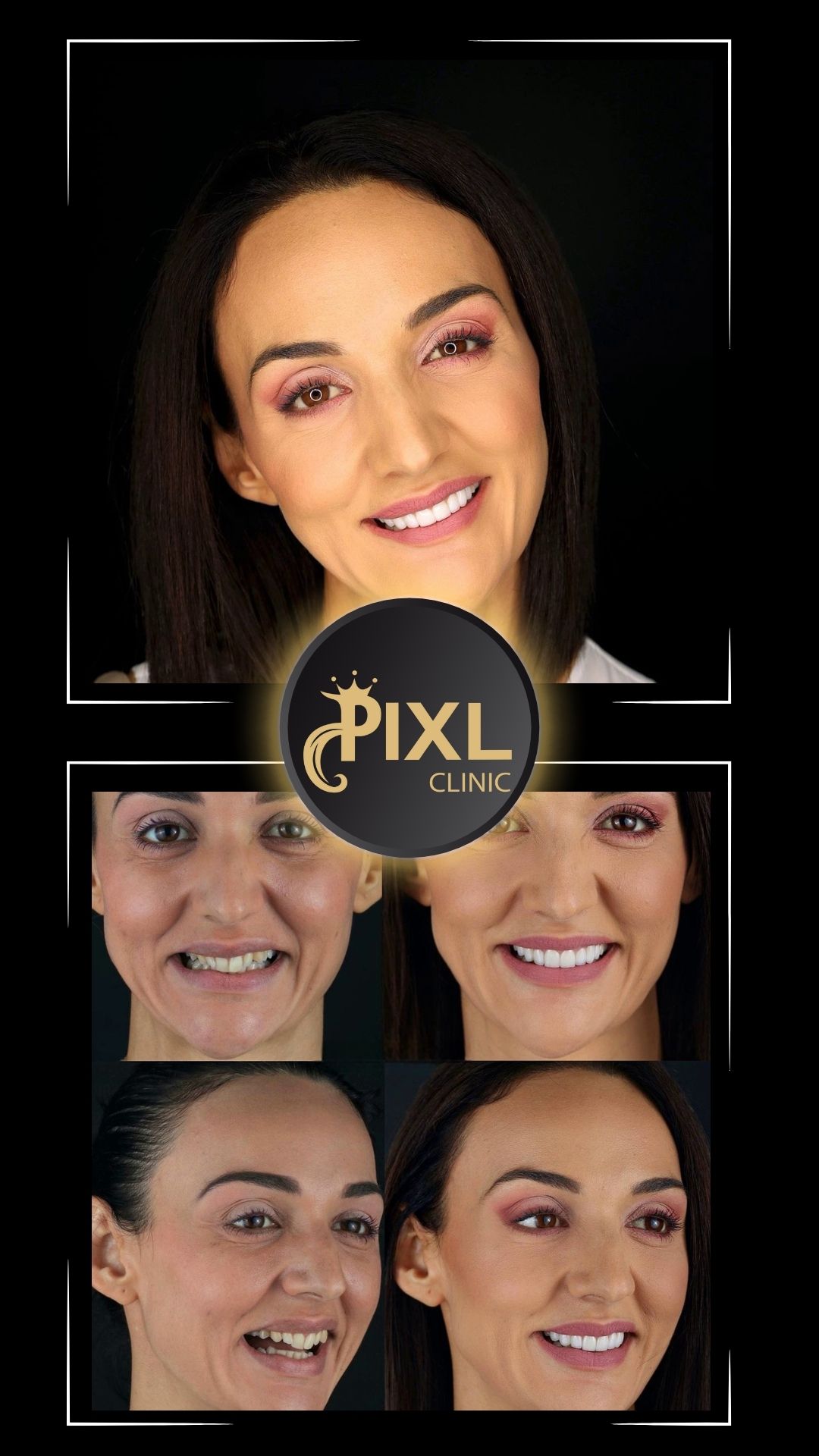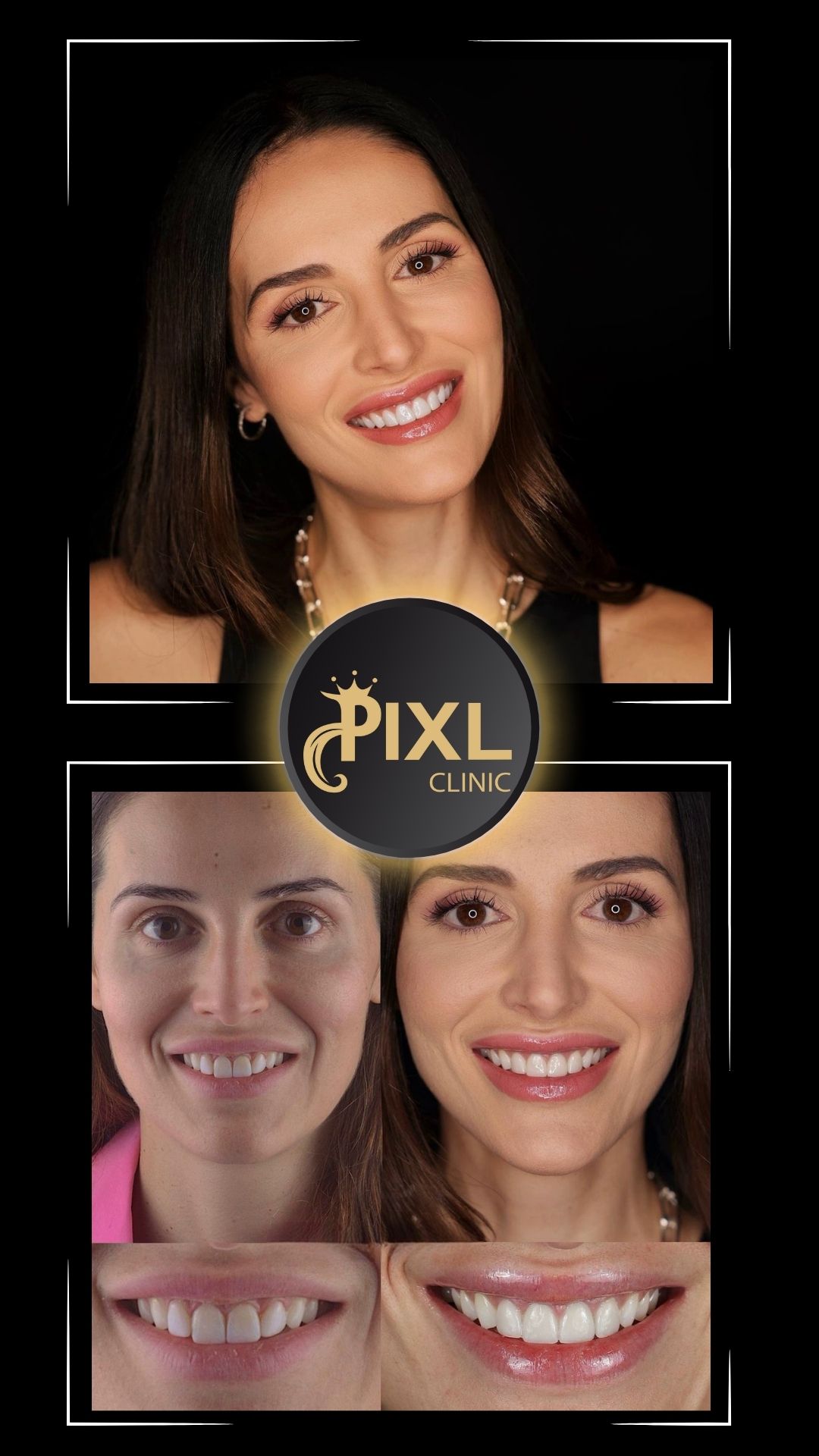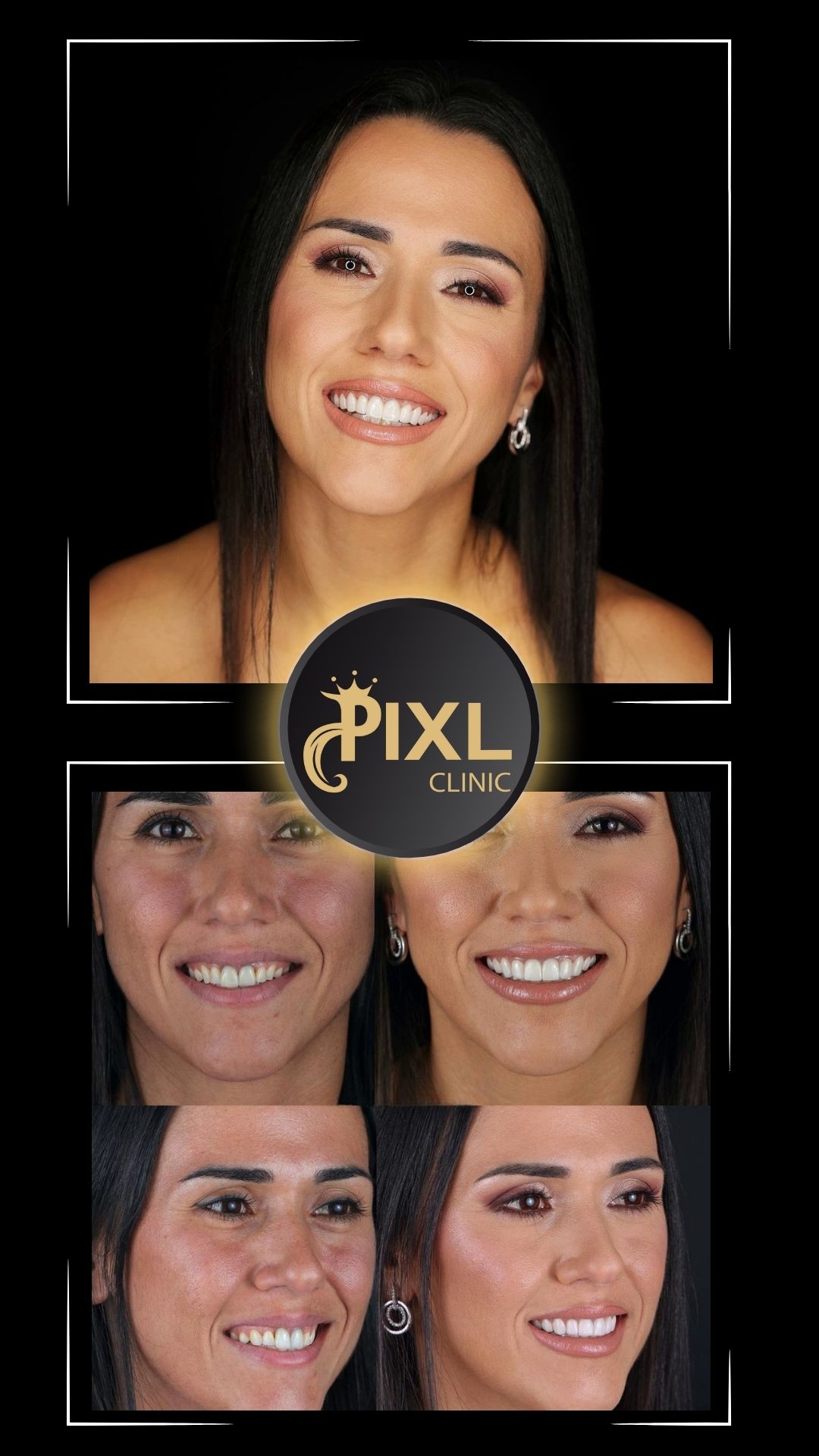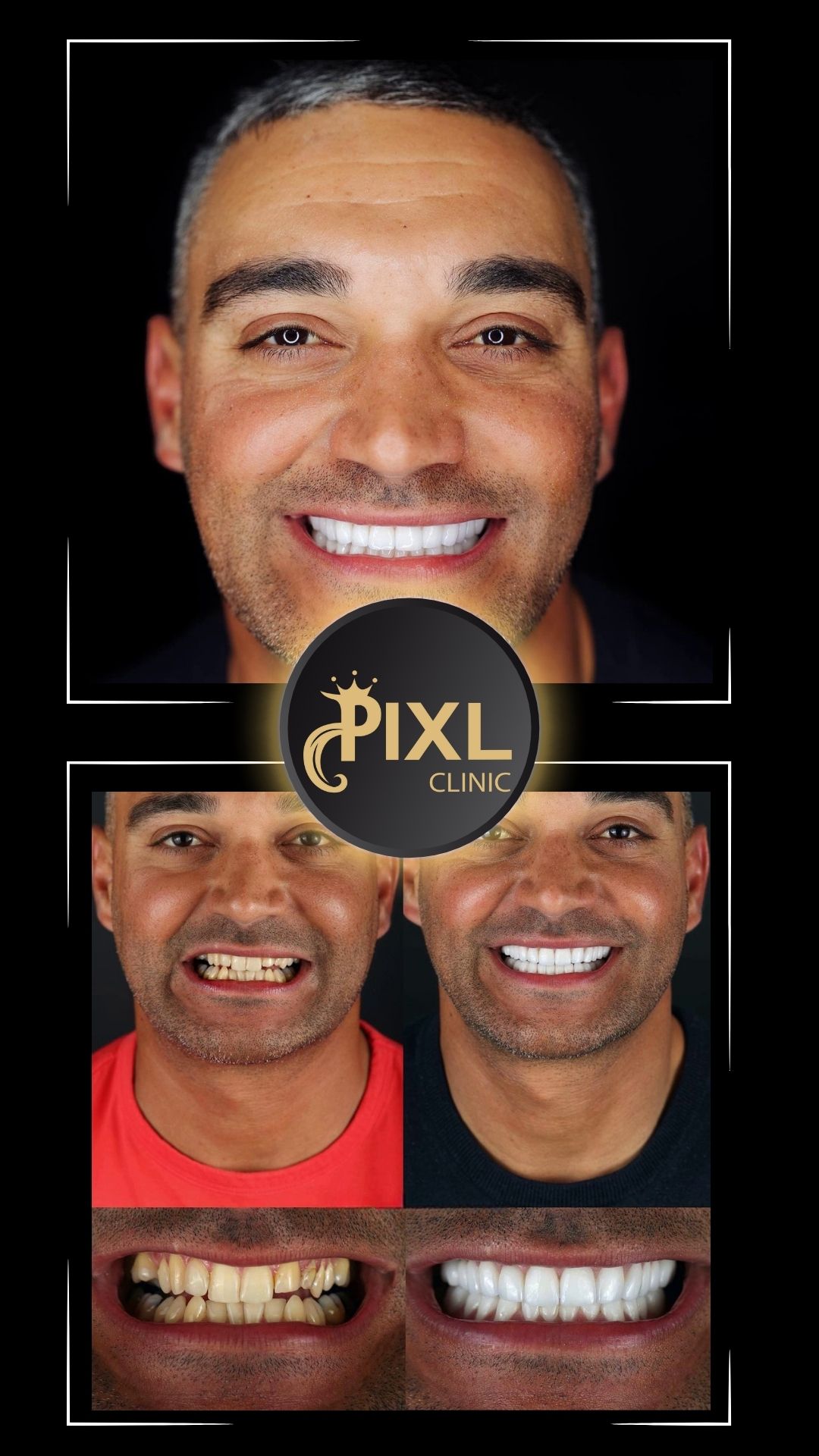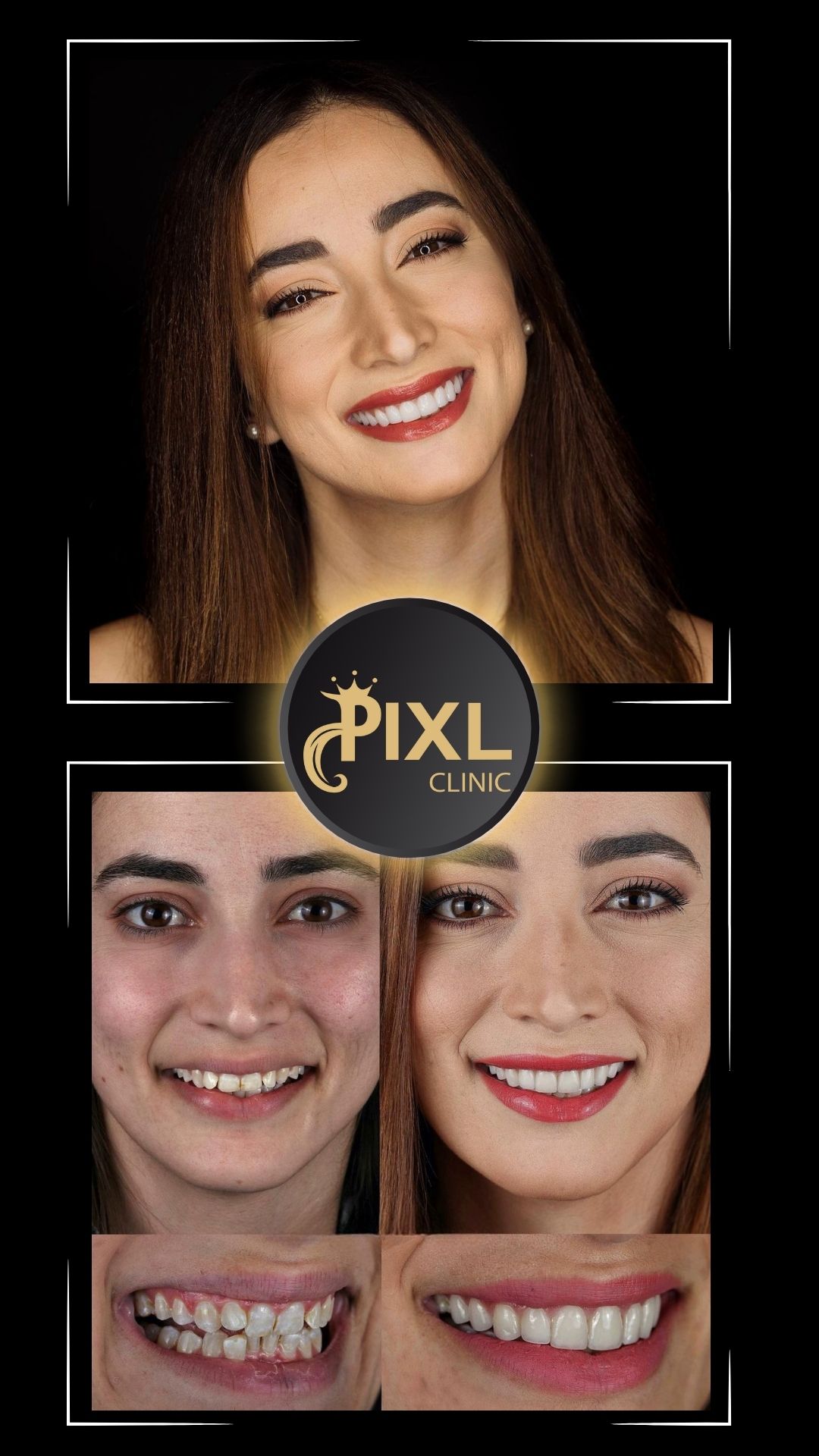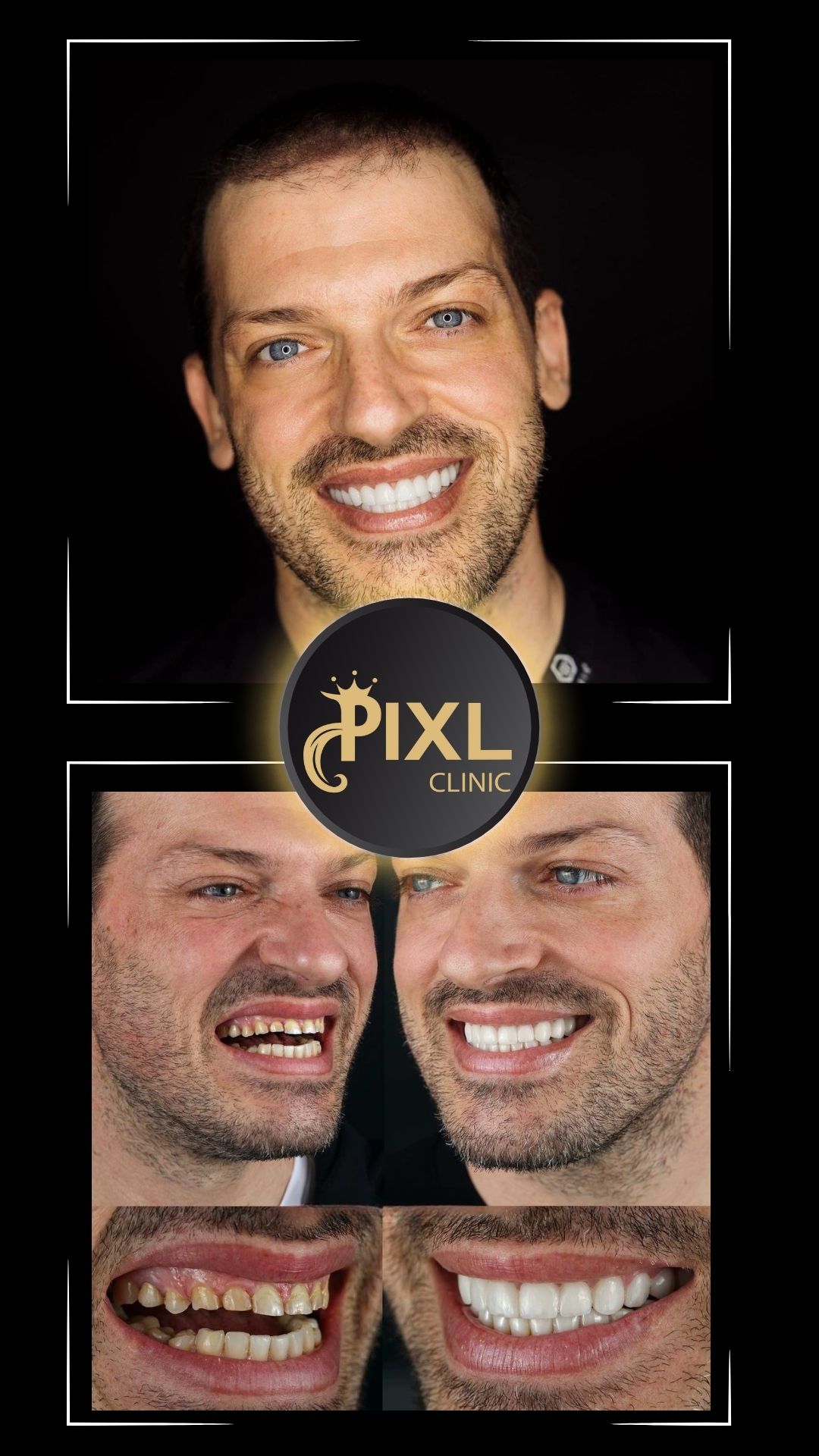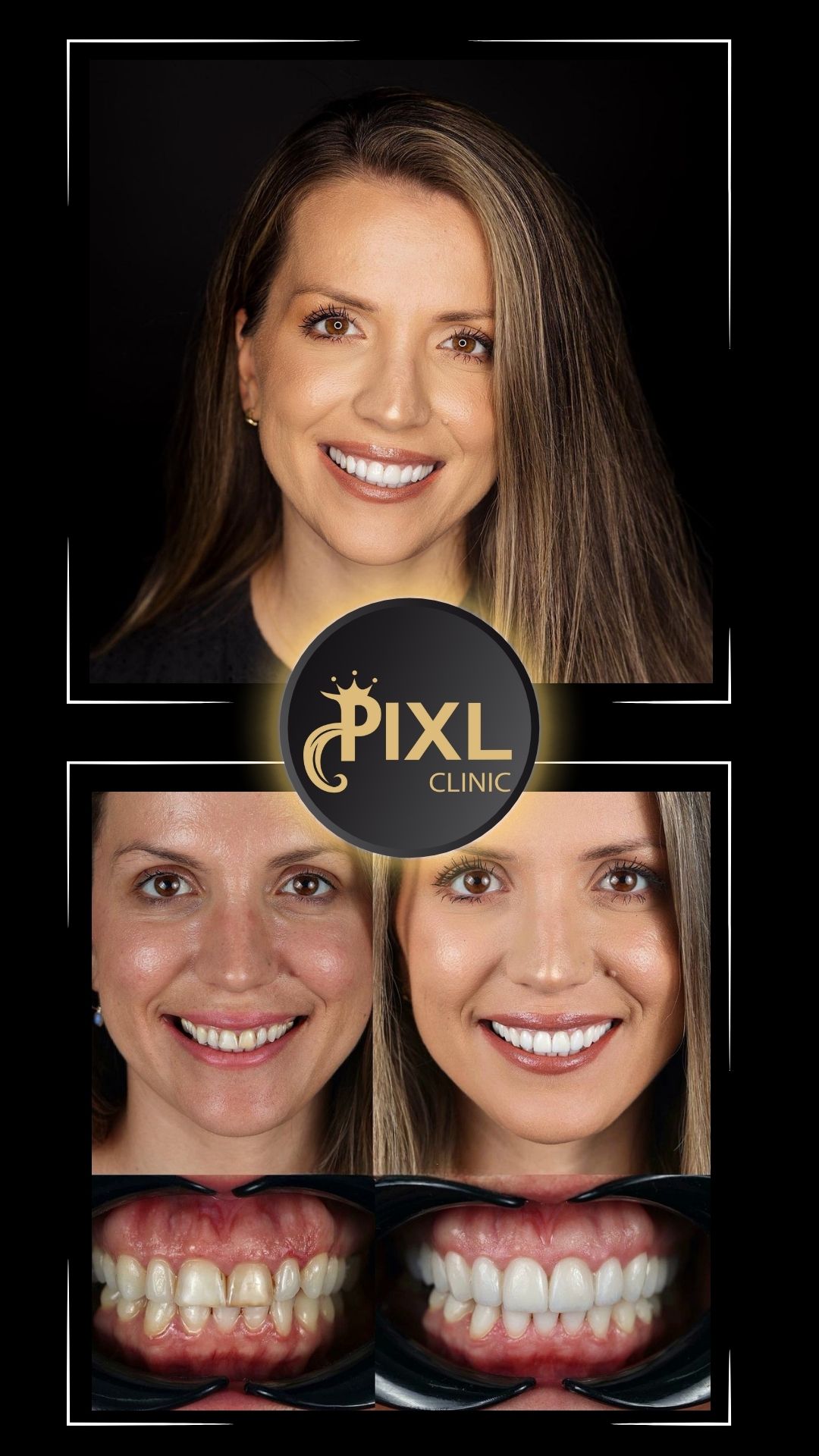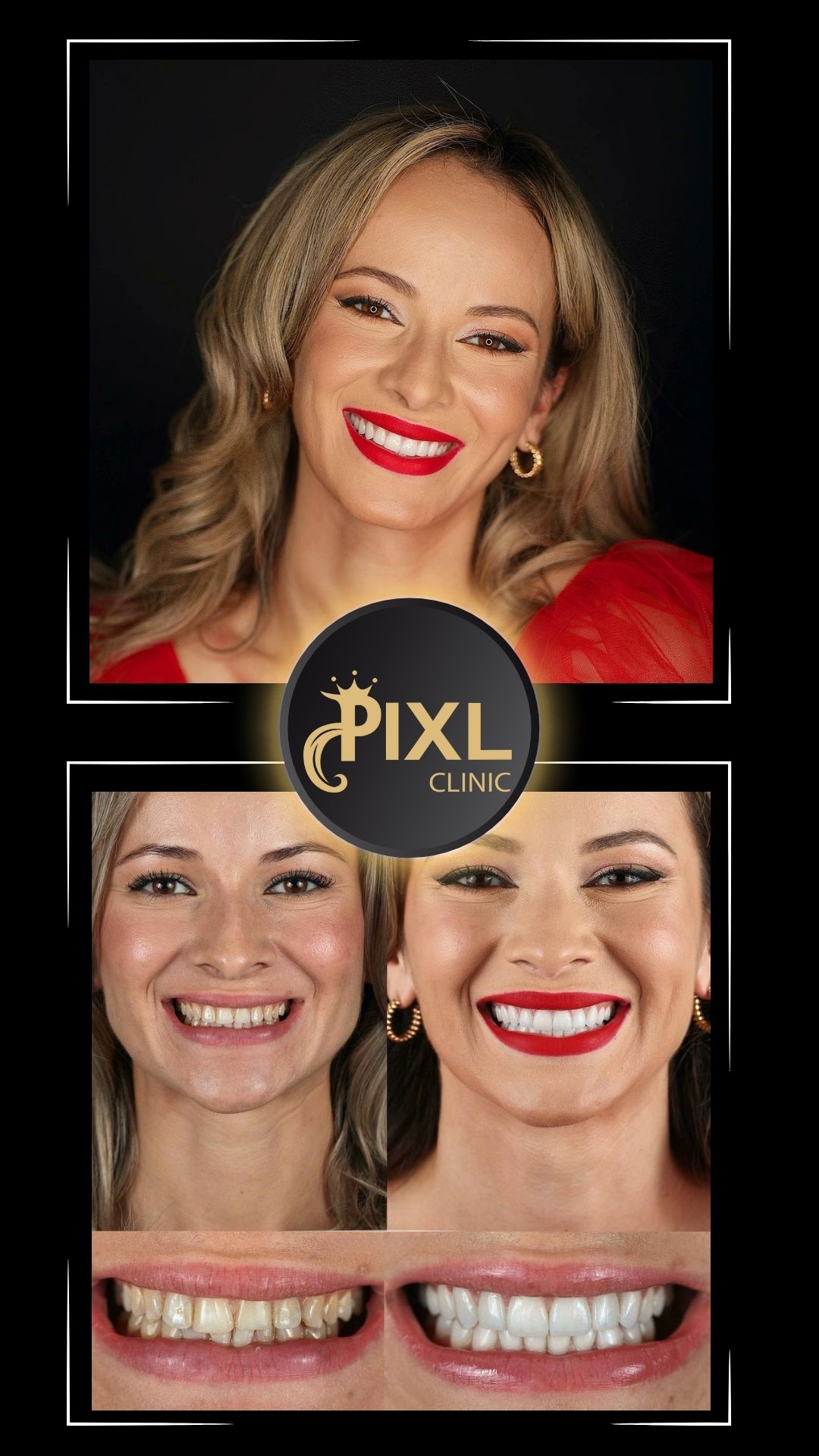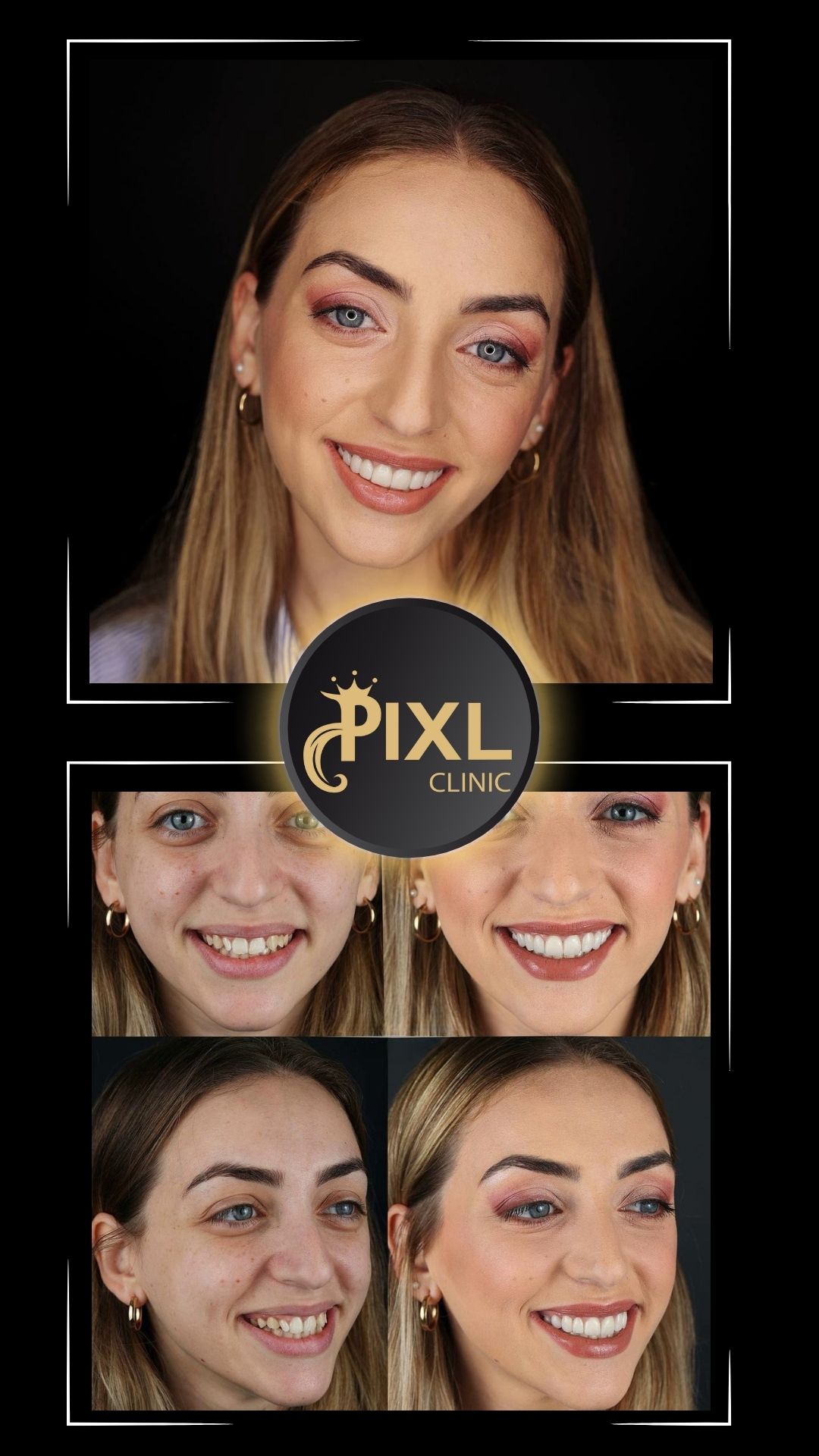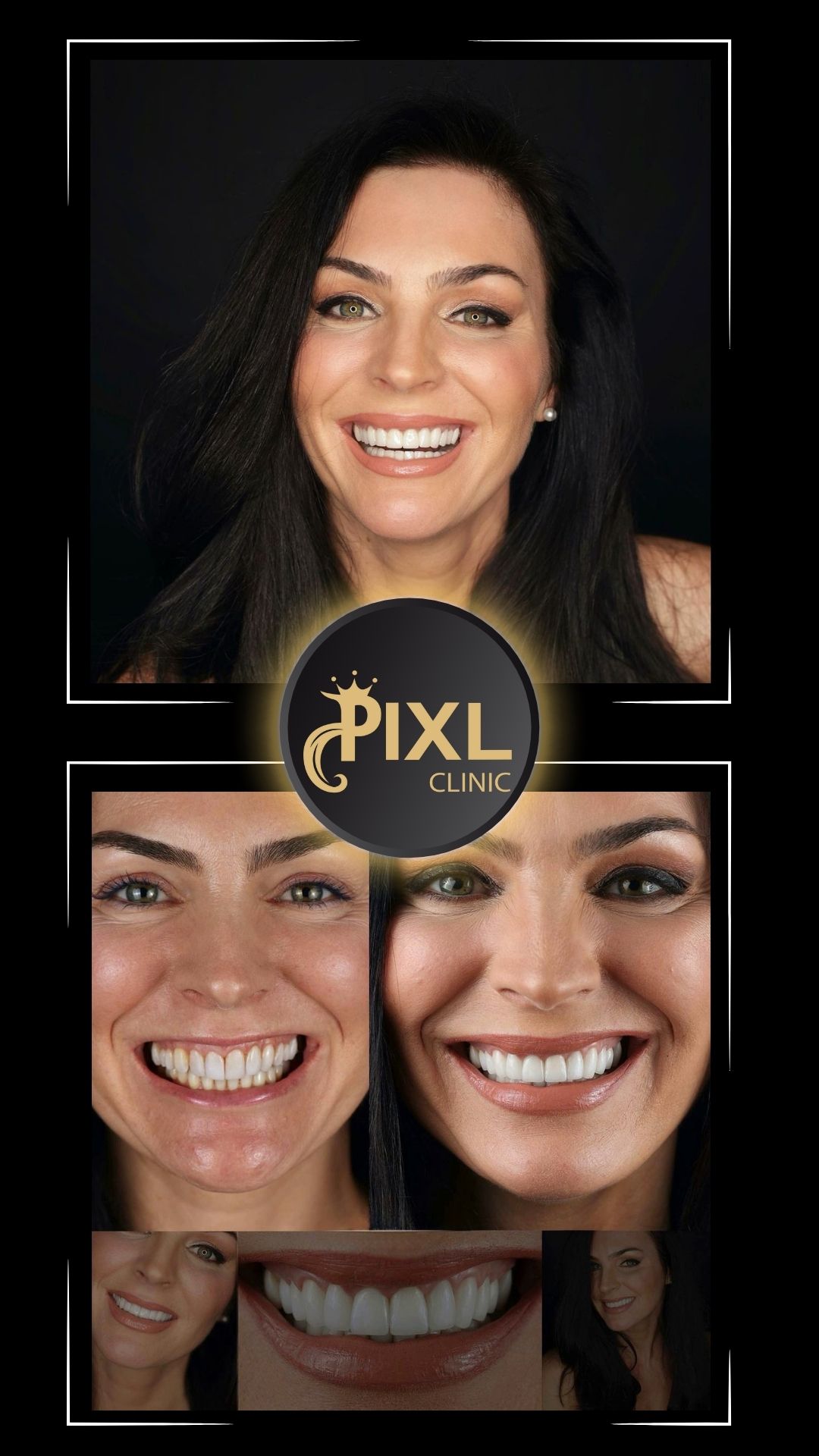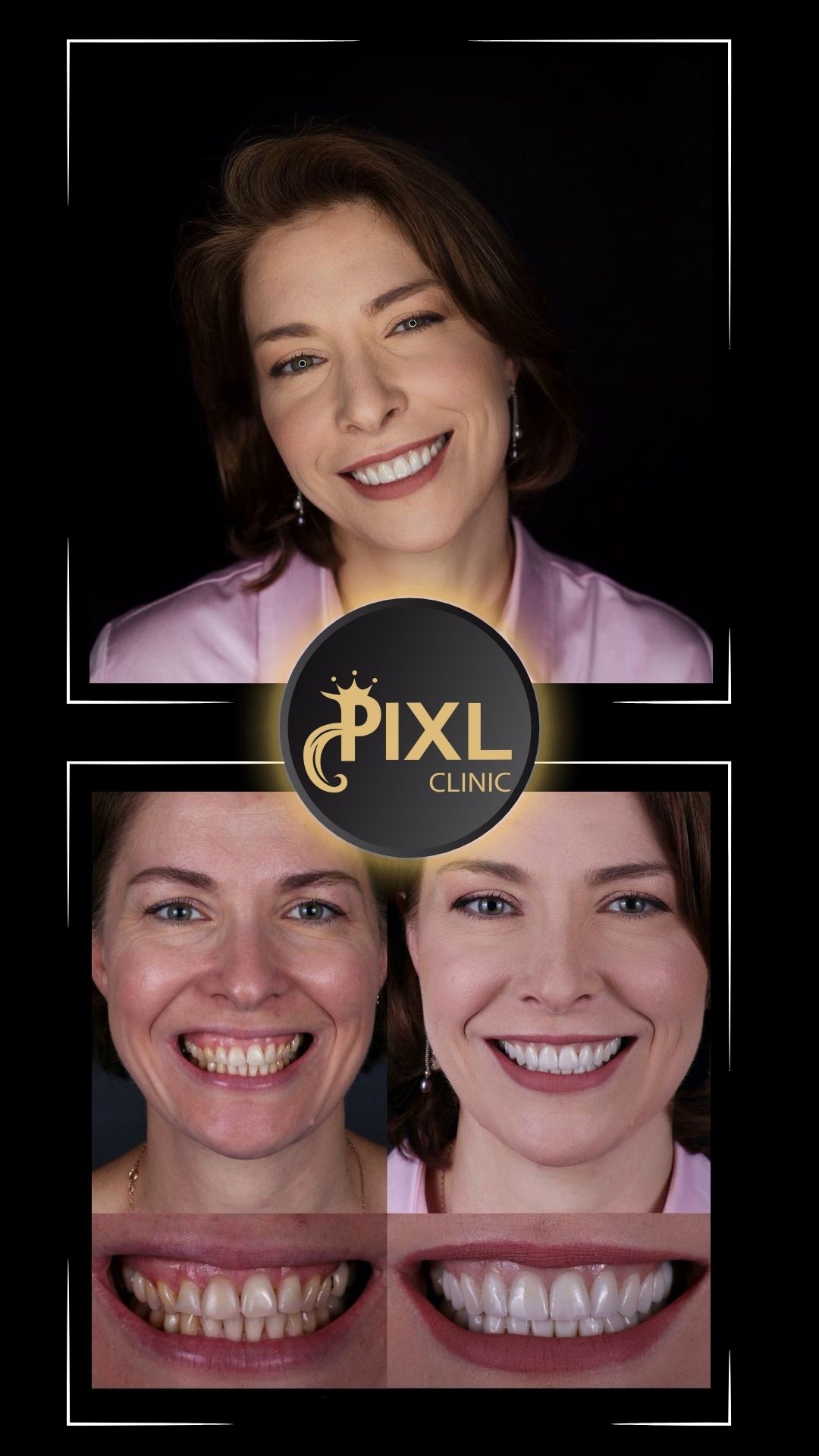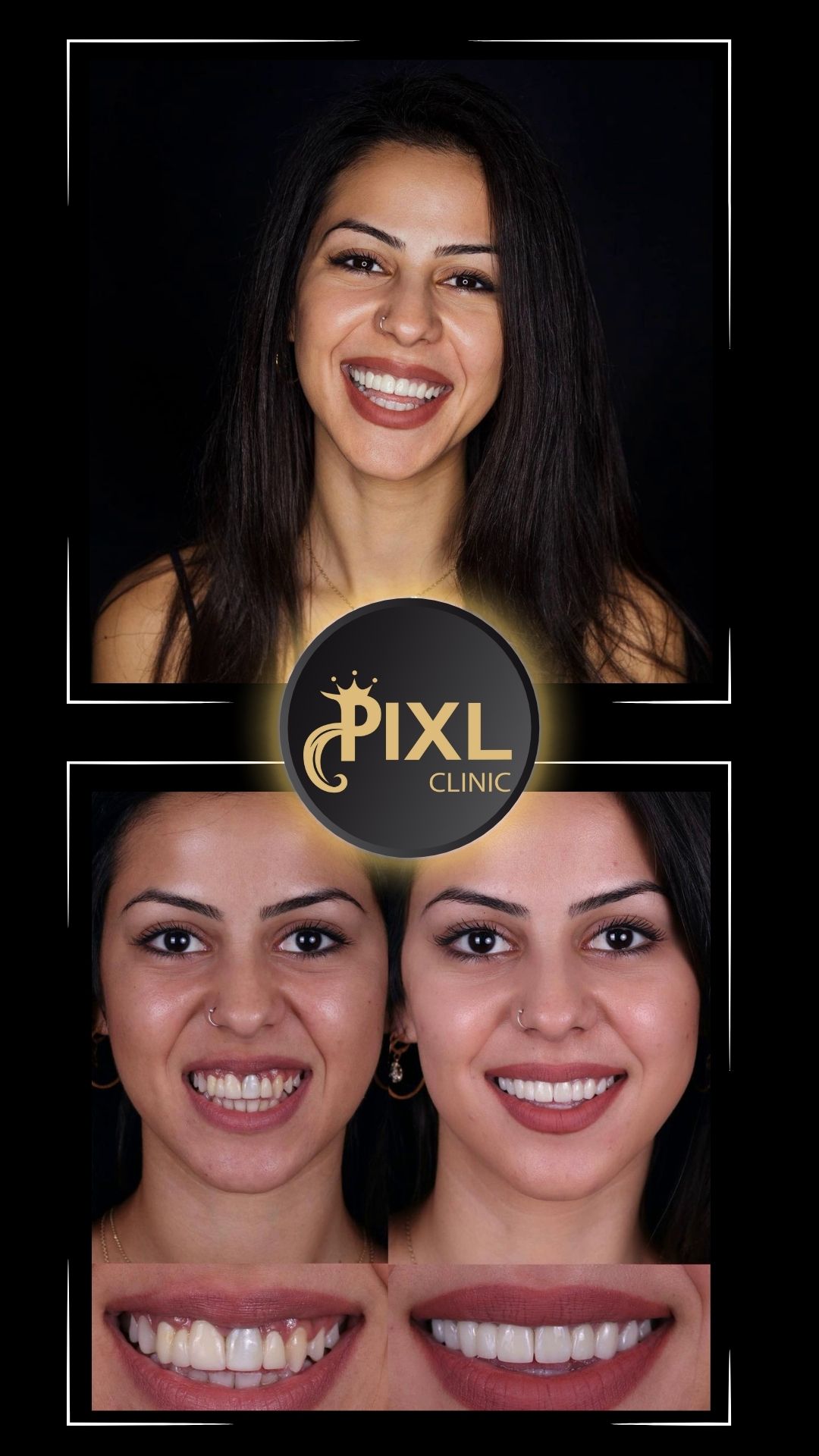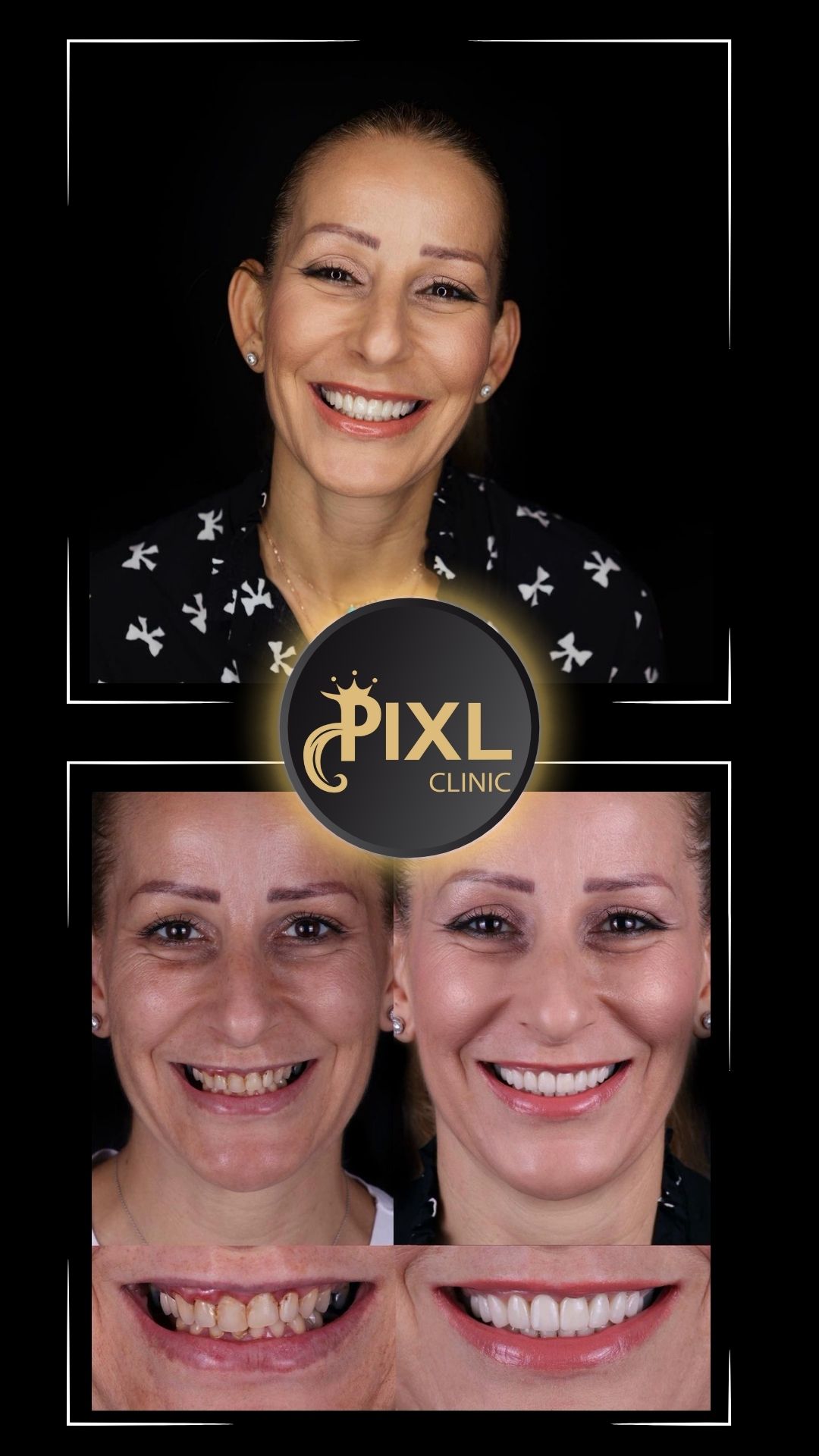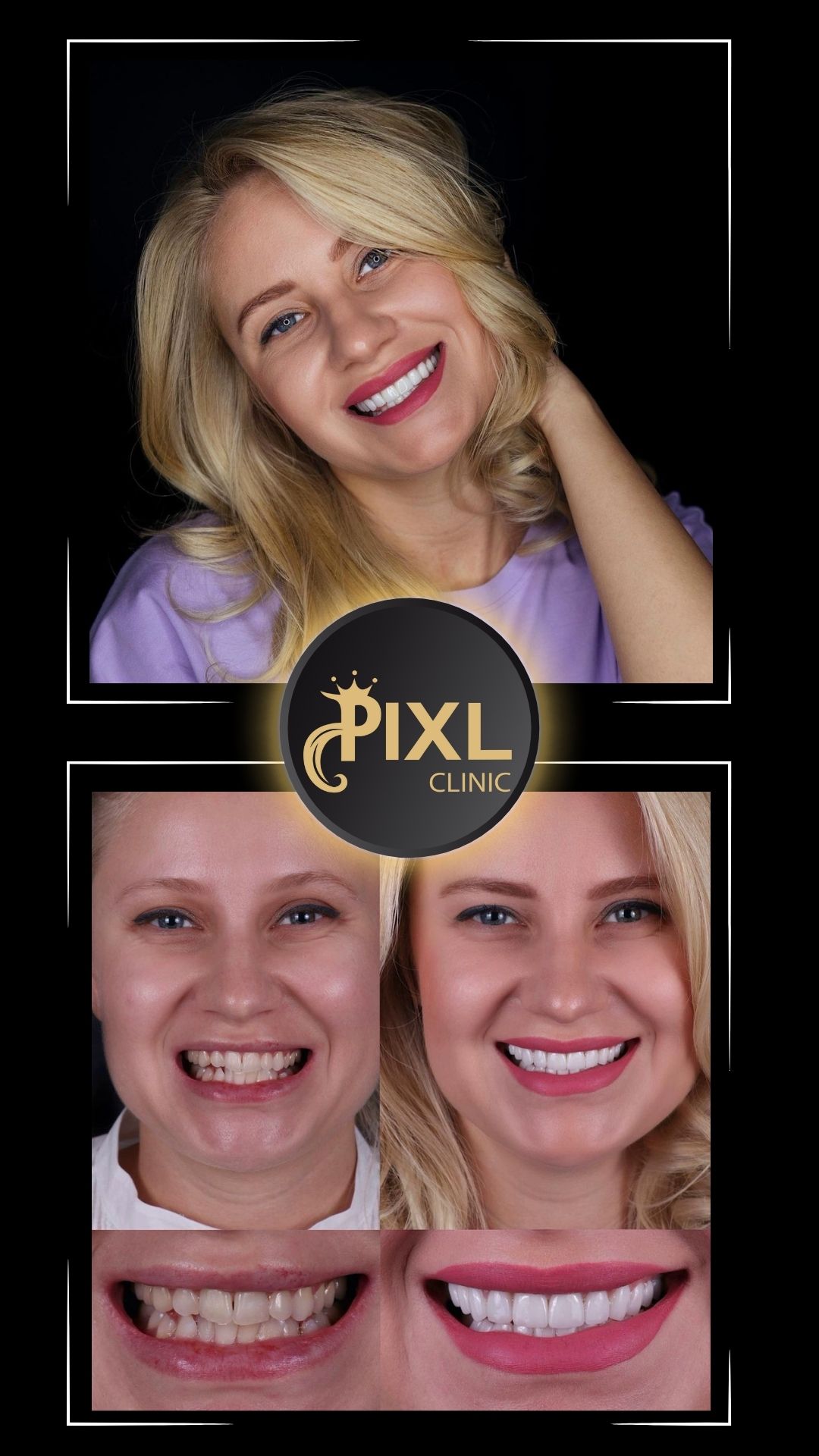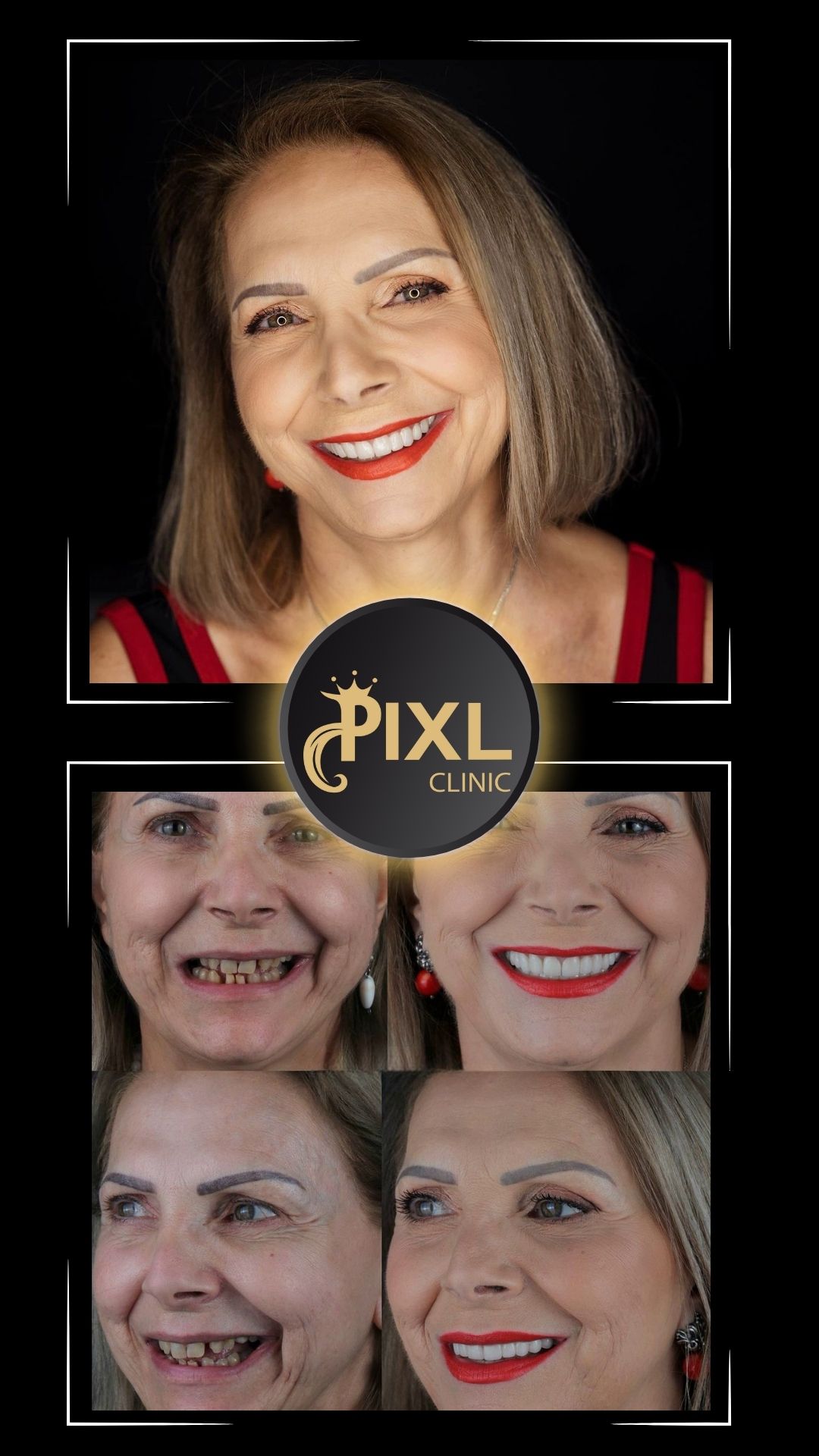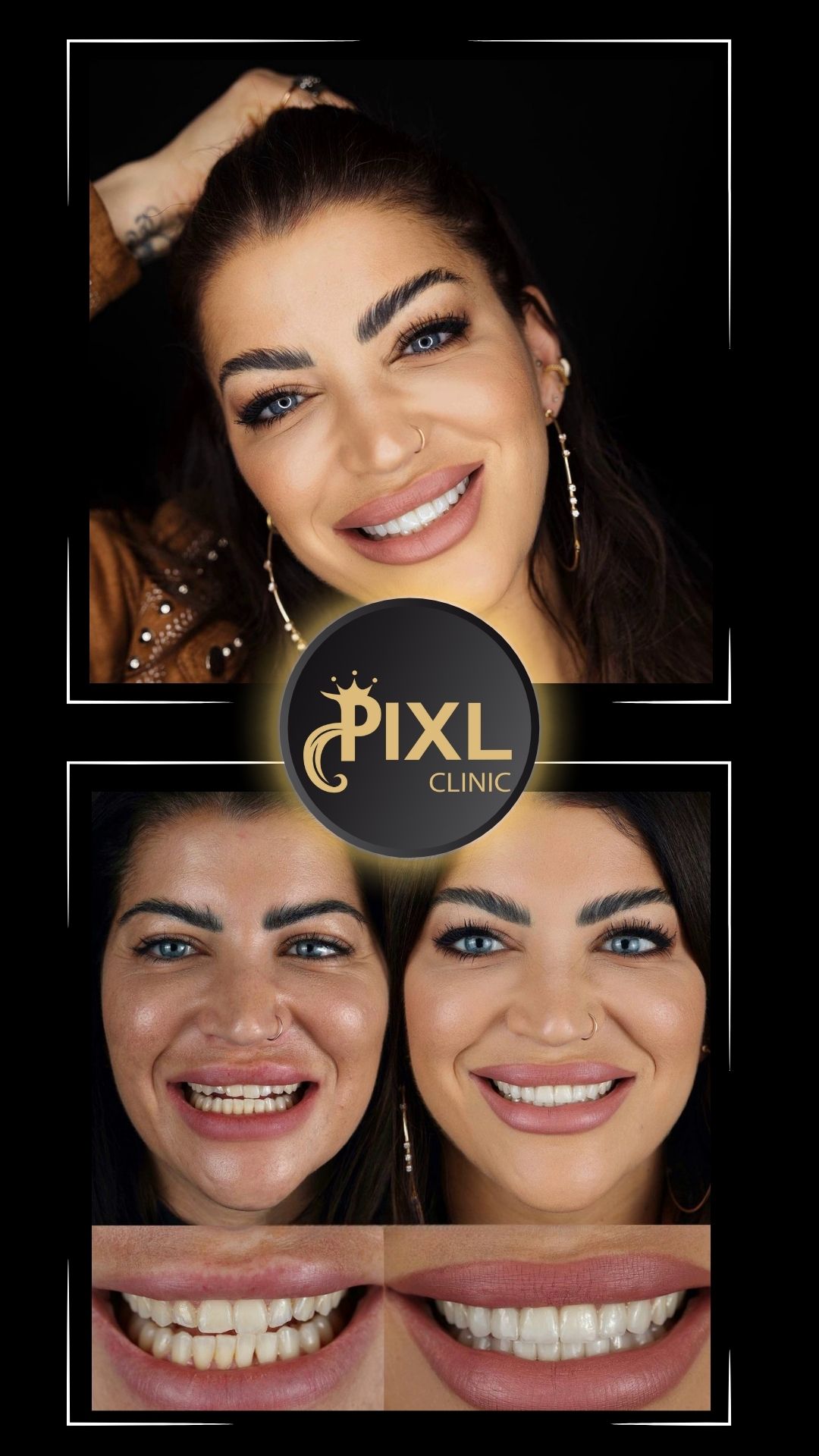Fake Teeth: What Are the Best Choices for Artificial Teeth?
Artificial teeth, commonly known as fake teeth, serve as replacements for missing teeth and play a crucial role in restoring your smile, confidence, and oral functionality. Thanks to advancements in dental technology, there are now several excellent options available for those needing artificial teeth. Choosing the right type depends on your dental health, preferences, and budget. Let’s explore the best choices for artificial teeth and what each option entails.
Dentures
Dentures are one of the most popular and affordable options for replacing missing teeth. They come in two types: full dentures and partial dentures.
- Full Dentures: These are used when all of your natural teeth are missing. They consist of a gum-colored acrylic base fitted with artificial teeth.
- Partial Dentures: If you still have some natural teeth remaining, partial dentures are designed to fill in the gaps, secured by clasps that attach to your natural teeth.
Pros:
- Cost-effective
- Non-invasive
- Removable for cleaning and comfort
Cons:
- May require adjustments over time as your gums change shape
- Less stable compared to permanent options
- Can feel bulky or unnatural initially

Dental Implants
Dental implants are a permanent and highly durable solution for replacing one or more missing teeth. An implant consists of a titanium post surgically placed into the jawbone, which acts as an artificial tooth root. A crown is then attached to the post to resemble a natural tooth.
Pros:
- Long-lasting (often a lifetime with proper care)
- Most natural look and feel
- Supports jawbone health by preventing bone loss
- Does not impact adjacent teeth
Cons:
- Higher initial cost
- Requires a surgical procedure
- Not suitable for patients with insufficient jawbone without a bone graft
Implant-Supported Dentures
Implant-supported dentures combine the affordability of dentures with the stability of implants. A few implants are strategically placed in the jaw, and the dentures are secured onto these implants.
Pros:
- Better stability than traditional dentures
- More affordable than a full set of individual implants
- Helps maintain jawbone health
Cons:
- Requires minor surgery for implant placement
- Higher cost than traditional dentures
- Regular maintenance is necessary
Dental Bridges
A dental bridge is used to replace one or more missing teeth by anchoring artificial teeth to the adjacent natural teeth or implants. There are several types of bridges, including traditional, cantilever, and implant-supported bridges.
Pros:
- Cost-effective for replacing a few teeth
- Provides a natural look
- Non-removable and comfortable
Cons:
- May affect the adjacent teeth used as anchors
- Does not prevent bone loss in the jaw
- Requires periodic replacement every 10-15 years
Veneers for Aesthetic Enhancement
While veneers are not typically considered “fake teeth,” they can be an alternative for those looking to improve the appearance of chipped, stained, or slightly misaligned teeth.
Pros:
- Natural and aesthetically pleasing
- Non-invasive compared to implants
- Long-lasting with proper care
Cons:
- Only suitable for cosmetic enhancement, not for missing teeth
- Can be expensive
Choosing the Right Option for You
The best choice for artificial teeth depends on several factors, including:
- The number of teeth missing
- Your budget
- Oral health and bone density
- Personal preferences for permanence or removability
A consultation with your dentist is essential to determine the most suitable option. They will evaluate your oral health, discuss your goals, and guide you through the decision-making process.
Final Thoughts
Modern artificial teeth offer solutions for virtually every need, ensuring that you can regain a healthy, beautiful smile regardless of your situation. From affordable dentures to high-end dental implants, each option has its own unique benefits. By understanding these choices, you can make an informed decision that meets your functional and aesthetic needs while preserving your oral health.
Your smile deserves the best care, so invest in the option that makes you feel confident and comfortable!
FAQ: Artificial Teeth – Everything You Need to Know
What are artificial teeth?
Artificial teeth, often referred to as “fake teeth,” are dental prosthetics used to replace missing or damaged natural teeth. They can restore both the appearance and functionality of your teeth.
What are the different types of artificial teeth?
The most common types of artificial teeth include:
- Dentures (full and partial)
- Dental Implants
- Implant-Supported Dentures
- Dental Bridges
- Veneers (for cosmetic improvements, not for missing teeth)
How long do artificial teeth last?
The lifespan varies depending on the type:
- Dentures: 5-10 years (may require adjustments over time)
- Dental Implants: 20+ years, often a lifetime with proper care
- Bridges: 10-15 years
- Veneers: 10-15 years
Are artificial teeth comfortable?
Modern artificial teeth are designed for comfort and functionality. However, some options (like dentures) may take time to adjust to. Implant-based options generally feel more natural and stable.
Can artificial teeth look natural?
Yes, most modern artificial teeth are made with materials like porcelain or acrylic, which mimic the appearance of natural teeth. Dental implants and veneers, in particular, offer a highly natural look.
How do I take care of artificial teeth?
- Dentures: Clean daily with a denture cleanser and soak overnight.
- Implants & Bridges: Brush and floss regularly, and visit your dentist for routine cleanings.
- Veneers: Maintain good oral hygiene and avoid biting hard objects.
Are artificial teeth permanent?
- Dental Implants: Permanent
- Implant-Supported Dentures: Semi-permanent (securely attached but removable by a dentist)
- Dentures: Removable
- Bridges: Fixed but not permanent like implants
Can I eat normally with artificial teeth?
Yes, though some types (like dentures) may have a slight learning curve. Implants and implant-supported options offer the most natural chewing experience.
Are artificial teeth covered by insurance?
Most dental insurance plans cover part of the cost of dentures, bridges, or implants. However, coverage varies, so it’s essential to check with your provider.
Are dental implants better than dentures?
Dental implants are more stable, long-lasting, and natural-looking, but they are also more expensive. Dentures are a more affordable option and suitable for those who cannot undergo surgery.
What if I don’t replace missing teeth?
Leaving gaps in your teeth can lead to:
- Difficulty eating and speaking
- Shifting of remaining teeth
- Jawbone loss (in the absence of implants)
- Changes in facial structure
Who is a good candidate for dental implants?
Candidates for dental implants should have:
- Good overall health
- Healthy gums
- Adequate jawbone density (or willingness to undergo bone grafting if needed)
How do I decide which option is best for me?
Consult your dentist or prosthodontist. They will evaluate your oral health, budget, and personal preferences to recommend the best solution for you.
Is the process of getting artificial teeth painful?
Most procedures, including implants and extractions for dentures, are performed under anesthesia, so pain is minimal. Mild discomfort or soreness may occur during recovery, but this is temporary.

